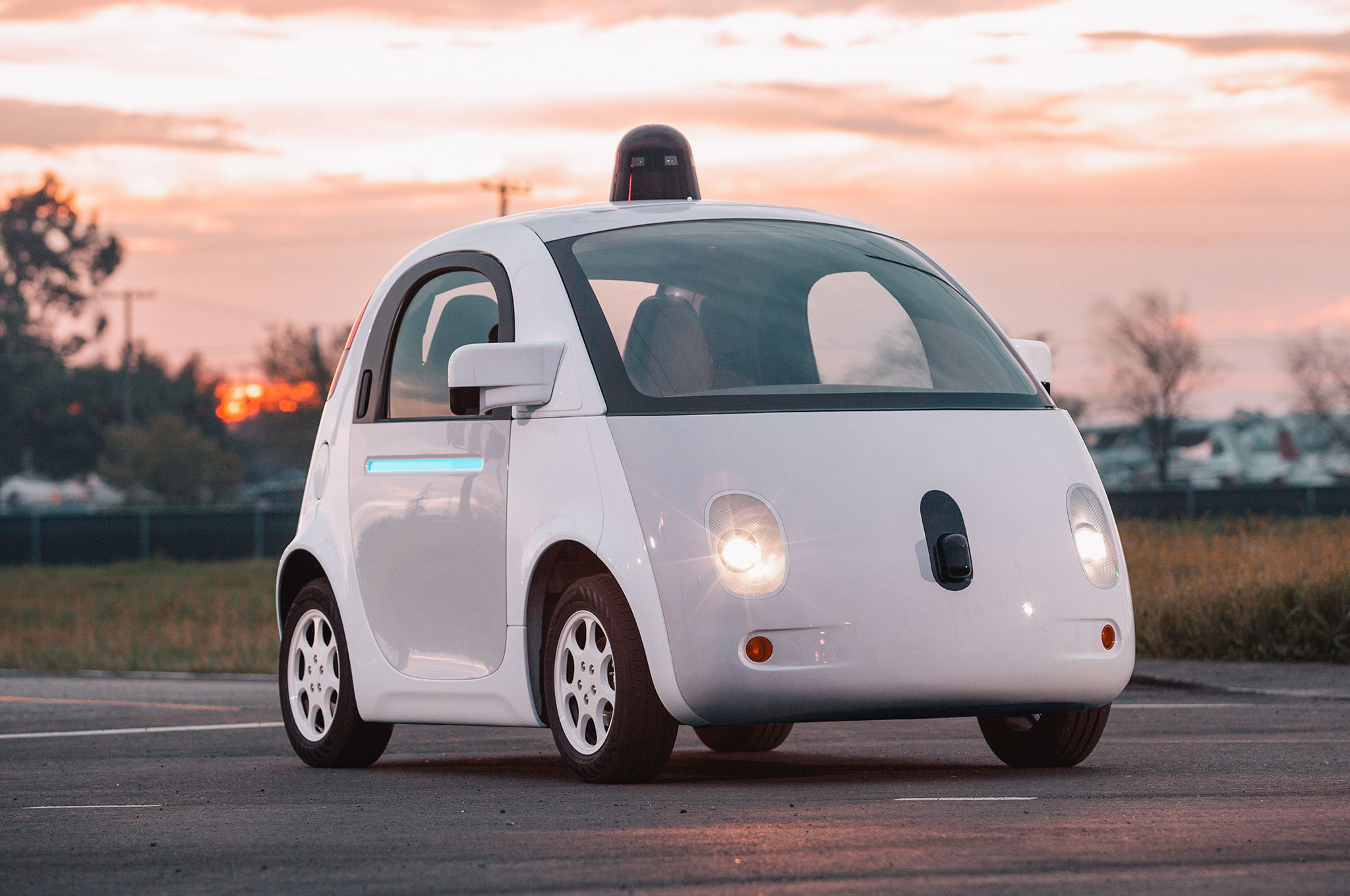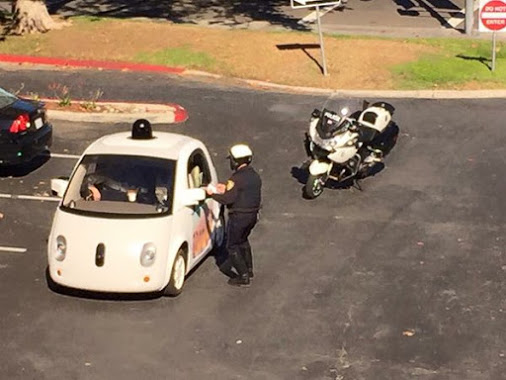
In an amusing turn of events, one of Google’s self-driving cars was pulled over while driving around Mountain View, California.
Google says the reason its vehicle was pulled over is because it was driving too slowly. All of the company’s experimental self-driving vehicles are capped at 40km/h (25mph) and the street the car was driving on has a speed limit of 35mph.
To the police officer’s credit, once he realized the vehicle was a self-driving car the officer reportedly contacted the vehicle’s operators to learn more about why it was driving so slowly.
California law allows self-driving vehicles to travel on public roads as long as they travel at speeds under 35mph, so the vehicle did not receive a ticket.
Read the Mountain View California police department’s statement about the incident below:
This afternoon a Mountain View Police Department traffic officer noticed traffic backing up behind a slow moving car traveling in the eastbound #3 lane on El Camino Real, near Rengstorff Ave. The car was traveling at 24 mph in a 35 mph zone. As the officer approached the slow moving car he realized it was a Google Autonomous Vehicle. The officer stopped the car and made contact with the operators to learn more about how the car was choosing speeds along certain roadways and to educate the operators about impeding traffic per 22400(a) of the California Vehicle Code. The Google self-driving cars operate under the Neighborhood Electric Vehicle Definition per 385.5 of the California Vehicle Code and can only be operated on roadways with speed limits at or under 35 mph. In this case, it was lawful for the car to be traveling on the street as El Camino Real is rated at 35 mph.
Google’s self-driving car team also posted about the incident on Google+.
Google’s driverless car project has recorded more than 1.2 million miles of self-driving so far. Analysts predict that the first self-driving vehicle could be ready for public use in approximately three years.
[source]Ars Technica[/source]
MobileSyrup may earn a commission from purchases made via our links, which helps fund the journalism we provide free on our website. These links do not influence our editorial content. Support us here.



